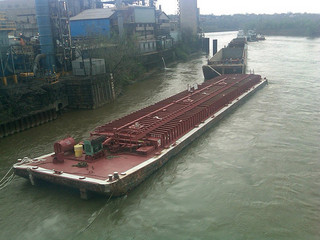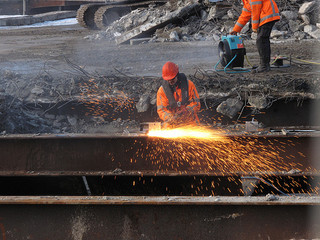Low Mississippi Levels Could Disrupt Supply Chain

Coal, fertilizer, salt, grain, and other valuable commodities depend on the Mississippi River for transport, but the nation’s largest waterway may soon be inaccessible to the barges that move these products. Recent drought conditions have diminished the water level of the Mississippi to the lowest its seen in more than a decade, with some experts expecting it to affect trade routes before the end of January.
Local Impact
The Mississippi is part of several supply chains and many companies are monitoring the falling water levels. Mike Toohey, president of the Waterways Council, said, “It’s a concern of supply and it is similarly for those that ship from the Ohio River up the Mississippi, the ability to get to your customers is challenged by this declining water.” Valvoline receives materials via the Mississippi. Kendra Overbeck with the Covington office says, “Our Valvoline team is monitoring the river levels here in Cincinnati and nationally and, at this time, there is no local impact.” Barge companies like Cargill are keeping a close eye on the river as well.
Rick Calhoun, president of Cargill, says, “We’re just holding barges back, hoping that we get enough water that we’re able to transit at some time, and we’re light-loading the barges.” The barges are carrying up to 4,000 bushels less than what they would normally transport. If the levels continue to drop, many of these carriers won’t move at all.
Engineers Work Toward a Remedy
Companies are asking state and national government officials to release water from the Missouri, but their pleas are going unanswered. The area of greatest concern is near Thebes, IL where a bend in the Mississippi, along with large rock formations, already makes it difficult for barges to cross. The Army Corps of Engineers is currently drilling the rock and expects to have the passage cleared by late January. Local companies aren’t reassured, however. “Without the additional flow, we will have run out of time on this national crisis,” speculates Toohey.
Other options are out there for commodity transport, but the switch to rail and freight carriers would also come with a price. Officials hope that water levels return to normal before the companies that rely on the waterways can’t stay afloat.







